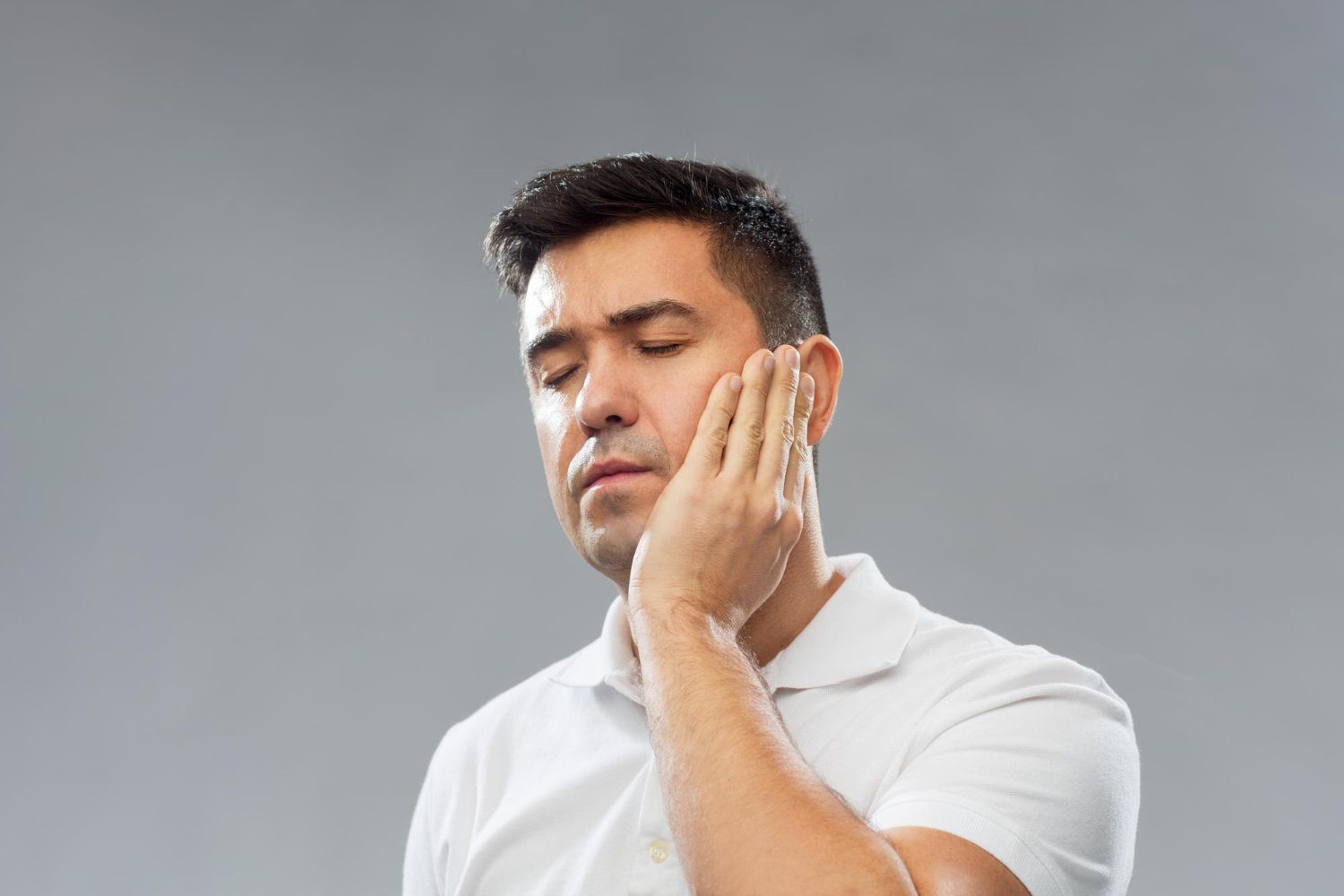Nutrition's Impact on Sleep Apnea and TMJ Disorders: Foods to Eat and Avoid

The Center for Sleep Apnea and TMJ is dedicated to providing effective treatment and support for individuals affected by sleep apnea, snoring, TMJ disorders, and head and facial pain. We understand that a holistic approach is crucial in addressing these complex issues, which is why we emphasize the importance of incorporating various factors, including nutrition, into an individual's management plan.
Nutrition plays a significant role in our overall well-being, and it is no different when it comes to managing sleep apnea and TMJ disorders. Adopting a balanced, nutrient-rich diet can help reduce inflammation, encourage better sleep quality, and promote optimal functioning of the body systems involved in these conditions. By understanding the best and worst foods to consume for sleep apnea and TMJ disorders, patients can make informed choices that positively impact their health, treatment outcomes, and overall quality of life.
In this blog article, we will explore the essential role nutrition plays in managing sleep apnea and TMJ disorders, providing guidance on the types of foods to consume and which ones to avoid. Moreover, we will offer practical strategies for adopting a healthier diet that can contribute to reduced symptoms and improved sleep quality. Our team at The Center For Sleep Apnea and TMJ is committed to empowering our patients with the knowledge and tools they need to overcome the challenges of sleep apnea, snoring, TMJ disorders, and head and facial pain. Embracing the importance of nutrition in managing these conditions is a vital step toward a healthier, more balanced life.
The Role of Nutrition in Sleep Apnea and TMJ Disorders
A balanced diet can have a profound impact on overall health, and this is especially true for individuals with sleep apnea and TMJ disorders. The right nutrition can help reduce inflammation, promote quality sleep, and support the body's ability to heal. Here are some essential factors to consider when addressing the nutritional needs of sleep apnea and TMJ disorder patients:
1. Inflammation: Chronic inflammation has been linked to the development and progression of sleep apnea and TMJ disorders. A diet rich in anti-inflammatory foods can help alleviate symptoms and enhance overall health.
2. Weight management: Excess weight, particularly around the neck area, is a significant risk factor for sleep apnea. Losing weight can often improve sleep apnea symptoms, and a nutritious, balanced diet can be key in helping individuals achieve this goal.
3. Sleep quality: Consuming certain foods and avoiding others can contribute to better sleep quality, a vital factor in managing sleep apnea and TMJ disorders.
Foods to Consume for Improved Sleep and Reduced Symptoms
A nutrient-rich, well-rounded diet can play a pivotal role in managing sleep apnea and TMJ disorders. Here are some food categories and specific examples that should be included in a patient's diet for optimal results:
1. Anti-inflammatory foods: Foods rich in antioxidants and anti-inflammatory compounds can help reduce inflammation and alleviate symptoms of sleep apnea and TMJ disorders. Examples include fruits and vegetables, especially berries, leafy greens, and cruciferous vegetables; fatty fish such as salmon, mackerel, and sardines; nuts and seeds; and olive oil.
2. Lean proteins: Protein is a vital macronutrient in tissue repair and immune function, essential for individuals with sleep apnea and TMJ disorders. Incorporate lean proteins, such as poultry, fish, beans, and legumes, as part of a balanced diet.
3. Whole grains: Whole grains, like brown rice, quinoa, and whole wheat bread, are packed with fiber, vitamins, and minerals that support overall health and weight management.
4. Sleep-promoting foods: Certain foods contain nutrients that can help promote relaxation and improve sleep quality. These include foods high in tryptophan (turkey, almonds, and pumpkin seeds), magnesium (spinach, avocado, and dark chocolate), and melatonin (tart cherries, walnuts, and bananas).
Foods to Avoid for Optimal Sleep and Symptom Management
Some foods can worsen symptoms or interfere with sleep quality. To avoid exacerbating sleep apnea and TMJ disorders, individuals should consider limiting or avoiding the following:
1. Processed foods: Processed foods can contribute to inflammation, weight gain, and poor sleep quality — all factors that can exacerbate sleep apnea and TMJ disorder symptoms. Limit consumption of processed snacks, canned goods, and sugary treats.
2. Caffeine and alcohol: Excessive consumption of caffeine and alcohol can interfere with sleep quality and contribute to TMJ pain. Consume these beverages in moderation and avoid them close to bedtime.
3. Spicy and acidic foods: Spicy or acidic foods, such as tomato-based sauces and citrus fruits, can exacerbate acid reflux, which may worsen sleep apnea symptoms.
Strategies for Adopting a Healthier Diet
Making lasting changes to your diet can seem challenging, but these practical tips can help simplify and support the process:
1. Plan meals in advance: Meal planning can help you make healthier choices, reduce the temptation to eat out, and manage portions effectively.
2. Listen to your body: Pay attention to how certain foods affect your sleep quality and TMJ symptoms. This can help you identify which foods to include or avoid in your diet.
3. Stay hydrated: Staying hydrated is vital for overall health, including proper digestion and sleep quality. Aim to drink at least 8 cups of water per day.
A well-balanced diet can have a significant impact on the management of sleep apnea and TMJ disorders. By incorporating nutrient-rich foods and avoiding those that may exacerbate symptoms or disrupt sleep, patients can experience improved sleep quality and a reduction in discomfort. Combining proper nutrition with other essential factors, such as exercise and medical treatments, is key to successfully overcoming sleep apnea, snoring, TMJ disorders, and head and facial pain. At The Center For Sleep Apnea and TMJ, our dedicated team is committed to supporting our patients throughout their journey toward improved health and overall quality of life. Get in touch with our sleep apnea doctor in Meridian now.










